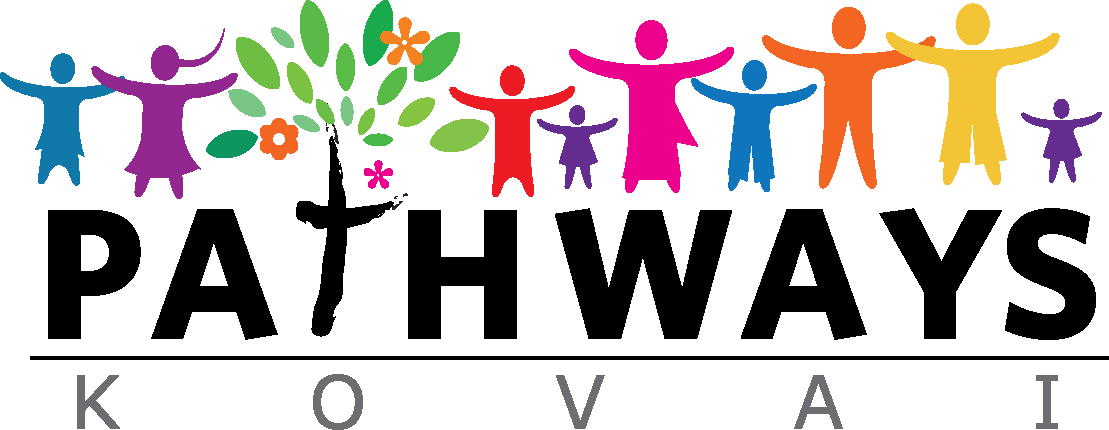There is no health without mental health
World Health Organization (WHO)
Mental health is a way of describing personal, emotional and social wellbeing. WHO defines mental health, as “a state of well-being in which the individual realises his or her own abilities, can cope with the normal stresses of life, can work productively and fruitfully and is able to make a contribution to his or her community”. Mental and emotional health is a very important aspect of a child’s overall wellbeing.
Mental health and physical health are mutually inter-dependent and influences how a child succeeds at school and later on in work, society and life. A child’s physical and mental health affect how they think, feel and act on the inside and outside. For example a young boy who is overweight due to poor diet and lack of physical activity may have low self-esteem. He is likely to get teased by other children at school and in the neighborhood. This could worsen his mood and the level of self-esteem and he is likely to withdraw from his friends. He is likely to stay indoors and not play with other children further worsening his weight problem and his physical health. Such children are at high risk of developing not only physical health complications such as diabetes, but also mental health issues like anxiety and depression. These factors will affect the child in reaching their full potential in life.
There are many factors that can impact a child’s mental health status both positively and negatively. All children and youth have the right to happy and healthy lives and deserve access to good mental health care to prevent or treat any mental health problems that they may develop. Children thrive in an environment that demonstrates love, compassion, trust and understanding. These form the important stepping-stones to have a fulfilling and productive life. However many children do not receive these ingredients to succeed in life. They have to deal with a childhood that is filled with worries, resentment, hatred, and constant negativity. They have difficult time in managing their emotions and will usually end up with chronic mental health issues.
According to WHO, mental disorders are the single most common cause of disability in young people. It is estimated that about one in ten children and young people are affected by mental health problems. If young people with mental health problems are left untreated all aspects of their life would be affected leaving them feeling socially isolated, unable to reach emotional and social milestones and unable to contribute meaningfully to society. However, on the other hand if they can be helped in a timely manner, it can lead to improvements in social and behavioural adjustment, learning outcomes and school performance.
Good mental health enables children and young people to develop resilience, the ability to cope with challenges and adversities in life and develop into well-adapted healthy adults. Things that can help children and young people stay mentally well include:
- Good physical health, eating a balanced diet and getting regular exercise
- Having time and freedom to play, indoors and outdoors
- Having a family that gets along well most of the time
- Being involved in a supportive school environment
- Being able to take part in meaningful community activities
- Getting lots of regular sleep and adequate rest
Most children grow up mentally healthy, but from many surveys and my observations problems appear to be far more than they were 20 to 30 years ago. This could be due to the number of social changes that influences how we live and how that affects the experience of growing up.
Having good mental health does not mean never feeling worried or distressed. Everyone goes through ups and downs in life and feeling angry, sad and frustrated are common emotions. Problems occur only when they are unable to cope with normal ups and downs and their negative emotions lasts for longer period of time. Parents can help children by having a warm, open relationship enabling children to talk to them when they are upset. One important role of parents is to listen to them and take their feelings seriously.
At Pathways we endeavor to provide various support services to help parents, teachers and children and youth to improve their mental well-being.
Dr K Porpavai

